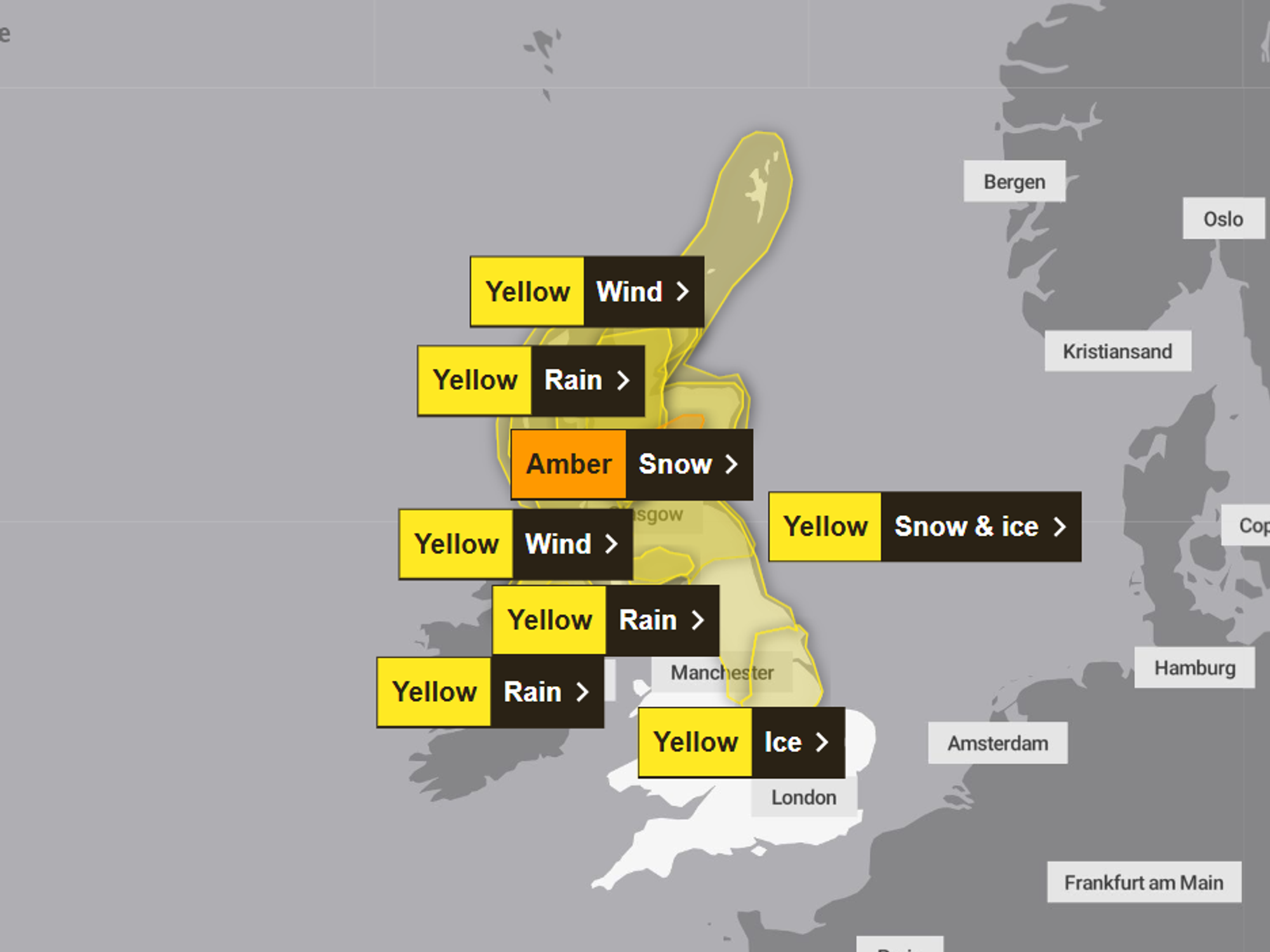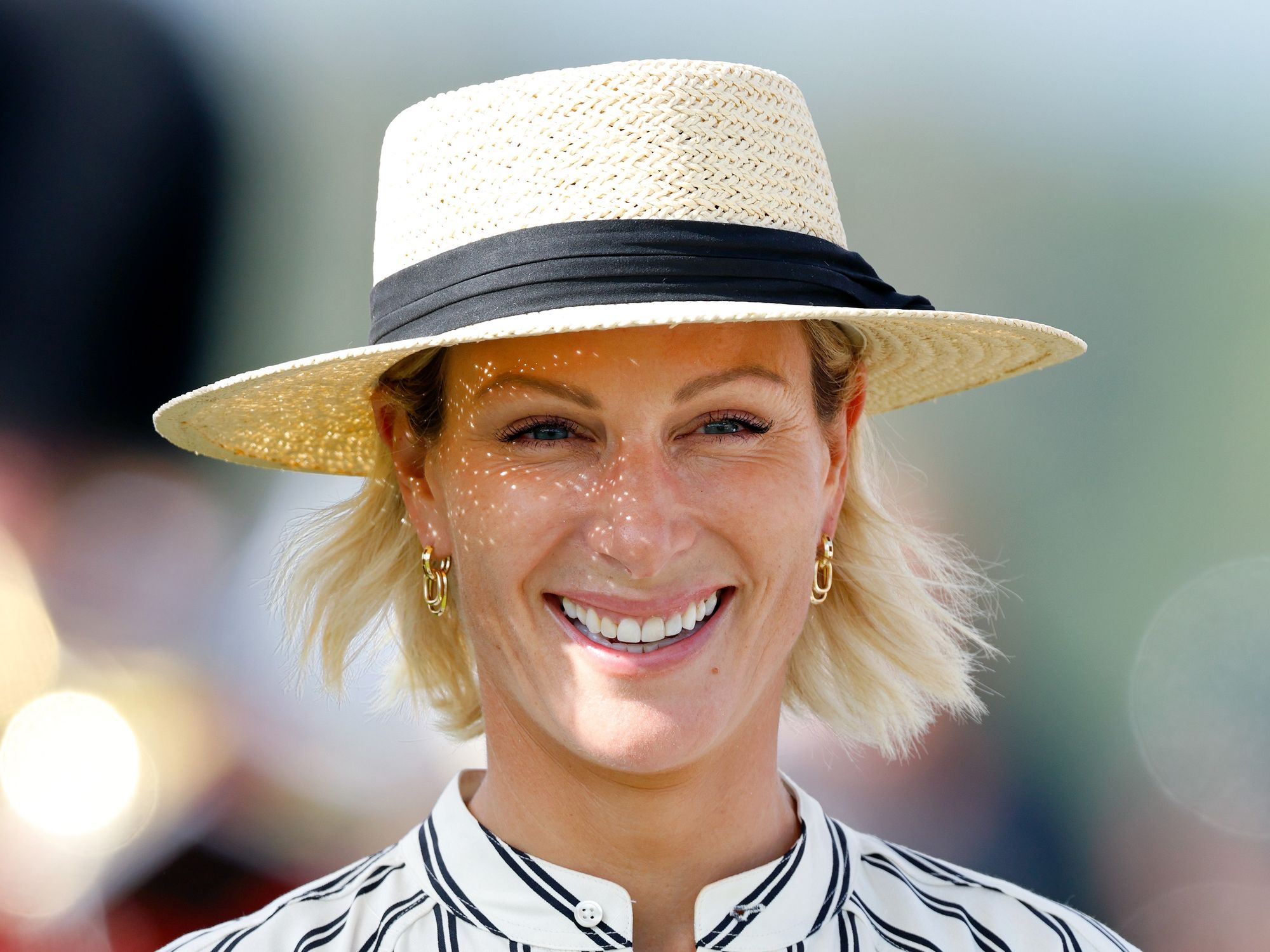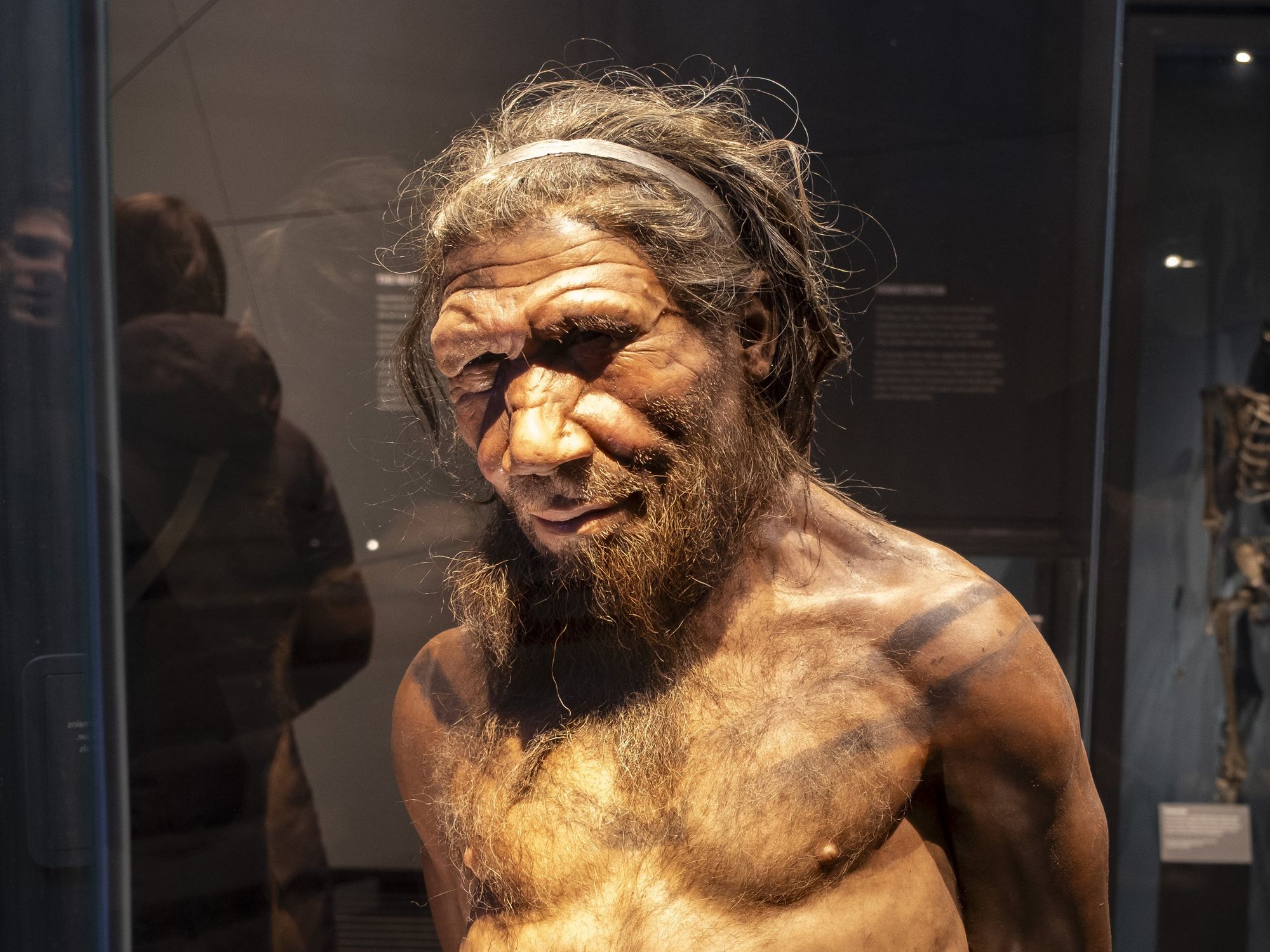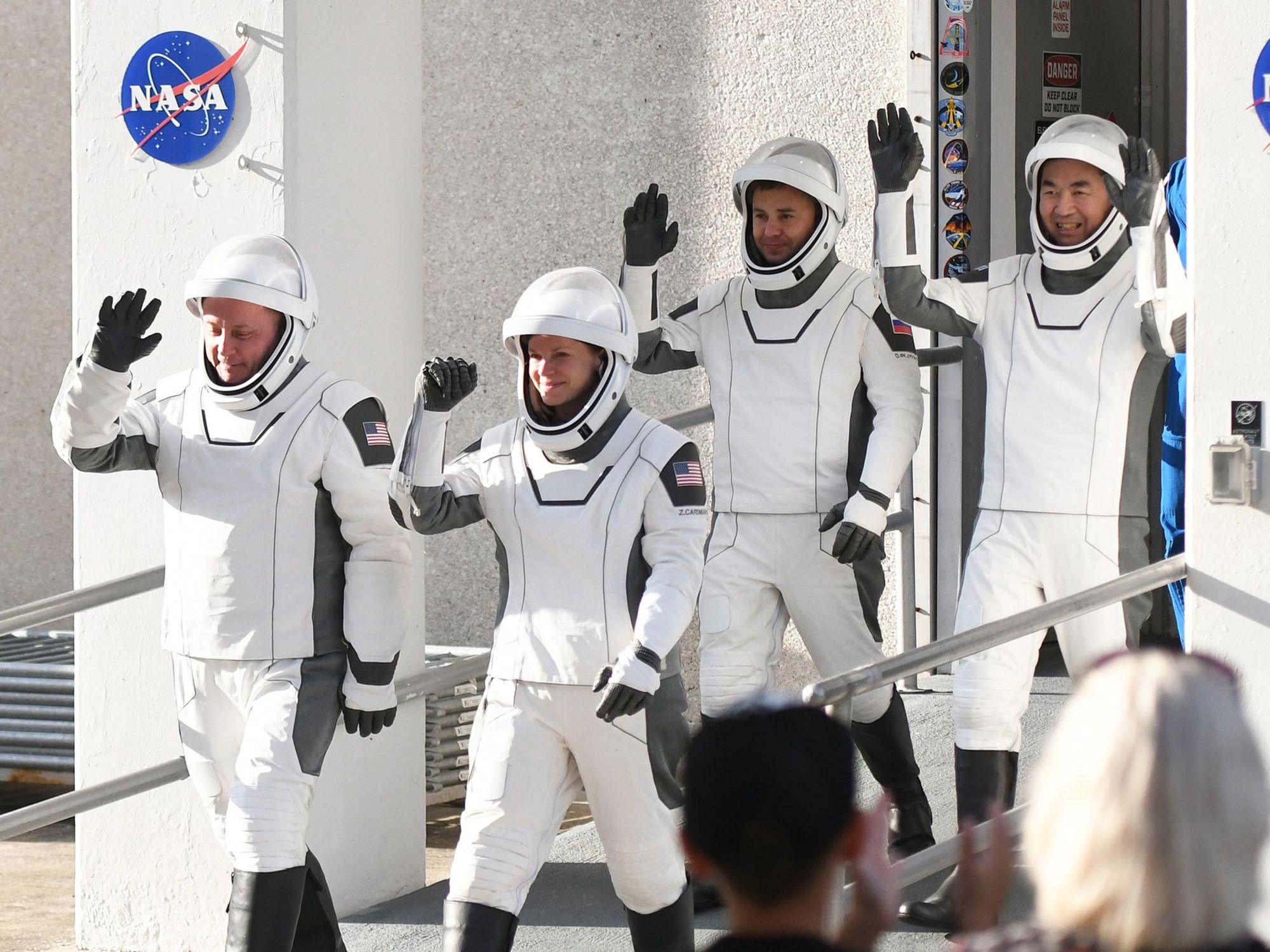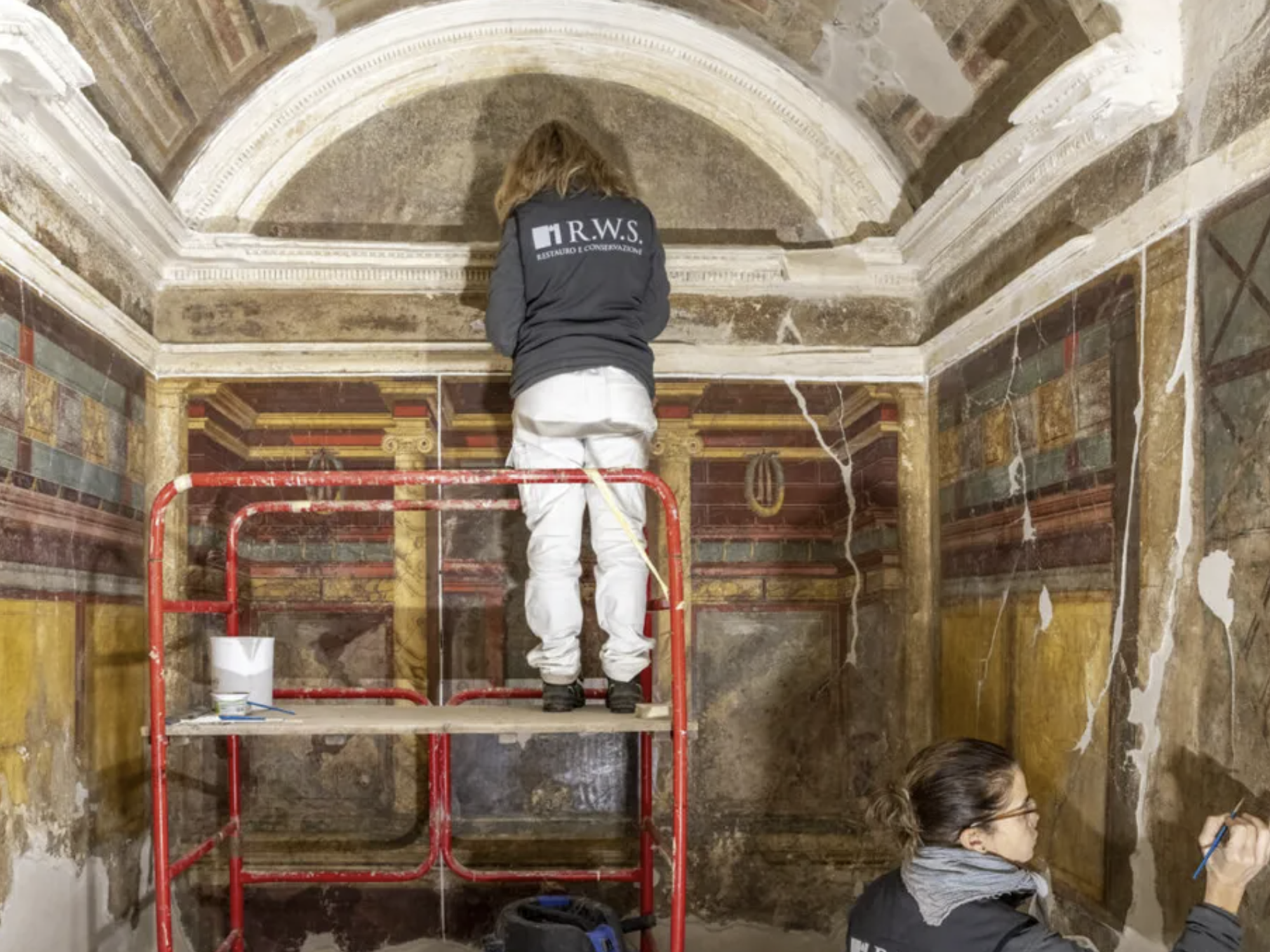Alex Phillips: We need to talk about Critical Race Theory

By Alex Phillips
Published: 25/08/2021
- 16:37Updated: 25/08/2021
- 17:03Iterations of Critical Race Theory are now present in our schools, with some parents fighting against what they see as indoctrinating their children to regard everything as racist
Don't Miss
Most Read
Latest
I have a dream. One of the most famous lines ever uttered in history and ushering in a long overdue sea change in race relations in the United States, a nation that had been societally ripped open and divided following centuries of exploitation and injustice. A nation that undeniably accrued wealth and stature off the back of slavery, leaving in its wake centuries of racial supremacy played out through the legal system and social mores.
I have a dream that one day, my four children will not be judged by the colour of their skin but by the content of their character. A vision that represents a clarion call for equality, respect and humanity. The bare minimum, surely, any individual deserves?
When Dr Martin Luther King spoke of his dream, did he mean just his children? Just black children? Or all children? It seems strange to ask this question, but modern race theories demand that we do.
Discussions on tackling prejudice have taken an unprecedented turn, shaking the movement to the core, through proponents of neo-ideologies such as critical race theory, creating controversy and redrawing battle lines in society. Today debate rages around its creeping inclusion in our curriculum, causing Equalities Minister Kemi Badenoch to state in Parliament that “any school which teaches these elements of political race theory as fact, or which promotes partisan political views without offering a balanced treatment of opposing views, is breaking the law.” But what is it? Why is it considered so dangerous?
Finding its roots in legal philosophy, created by black academics in the 1970s, it addresses the idea that racism is not a phenomenon of the past, but inherent in social structures and institutions, endemic and systemic, unavoidable and constant. It has become synonymous with the idea that white people have structural advantages in society, and legitimises the concept of ‘white privilege.’
Critical Race Theory evolved through social theorists in the Marxist tradition who sought to decrease domination in all of its thoughts and forms. Yet to its opponents, it fundamentally depends on overriding and suspending small L liberalism in order to achieve its aims. It requires the blunt tools of censorship, overcorrection and positive discrimination to level up a distorted society.
In brief, it believes in burning down the village, to save the village. What’s so interesting is the battleground over this theory does not necessarily lie between colours, but creeds. Not black versus white, but left versus right. Light touch encouragement towards egalitarianism, or state involvement in social correction and reparation. Yet perhaps it is the curve towards essentialism that is the most important to discuss. The view that things have a set of attributes inextricable from their identity is a philosophy that finds its roots in Ancient Greek Platonic thought, but has been warped to create reductive thinking that lies at the core of many extremist ideologies on both sides of the spectrum.
The idea that there is almost an original sin to whiteness. That the inextricable chain of events underpinning the cultural domination of the West means that advantage is baked in. That perhaps there is a subconscious mindset of superiority that we are reluctant to admit, embarrassed to confess or totally unaware of. It is an awkward conversation, but is it one we need to have?
Is regarding everything through the prism of skin colour the very definition of racism itself? Surely positive discrimination is still discrimination and easily tips into a sense of vengeance? Surely if the end goal is true equality, that means colour blindness, not actively seeking to pinpoint difference and division? One thing is clear, this is a complex and adult conversation, demanding philosophical analysis at a level far beyond the bounds of childhood intellect.
Yet iterations of Critical Race Theory are now present in our schools, with some parents fighting against what they see as indoctrinating their children to regard everything as racist, white children as somehow fundamentally guilty and non white children as born into victimhood.
We want, and need, a proper conversation about this. Not a polarising one that plays against efforts to unite, and plays into discord and division.
Today, we really need to talk about Critical Race Theory.







